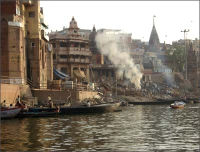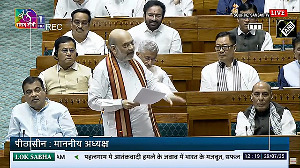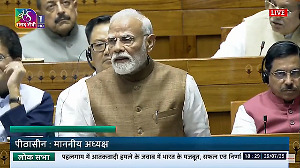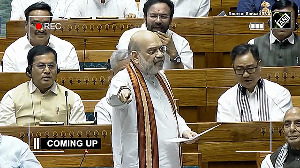 The Cabinet Committee on Economic Affairs on Thursday approved a Rs. 7,000-crore (Rs. 70 billion) project for cleaning of River Ganga to be implemented by the National Ganga River Basin Authority.
The Cabinet Committee on Economic Affairs on Thursday approved a Rs. 7,000-crore (Rs. 70 billion) project for cleaning of River Ganga to be implemented by the National Ganga River Basin Authority.The share of central government will be Rs. 5,100 crore (Rs. 510 billion) and that of the state governments of Uttarakhand, Uttar Pradesh, Bihar, Jharkhand and West Bengal will be Rs. 1,900 crore (Rs. 190 billion).
The World Bank has agreed in-principle to provide a loan assistance of $1 billion (Rs. 4,600 crore) for the NGRBA project, which will form part of the central share of the project.
The duration of the project will be eight years.
NGRBA was constituted in February, 2009 as an empowered planning, financing, monitoring and coordinating authority for the Ganga River under the Environment (Protection) Act, 1986.
The objective of the Authority, which is chaired by
the Prime Minister, is to ensure conservation of the river Ganga by comprehensive planning and management, adopting a river basin approach.
The project is envisaged as the first phase in a long-term programme of World Bank support to NGRBA.
The project, which will support NGRBA's objective of Mission Clean Ganga, has been designed keeping in view the lessons learnt from the previous Ganga Action Plan and international river clean-ups.
The project will have components relating to institutional development for setting up dedicated institutions for implementing the NGRBA programme, setting up Ganga Knowledge Centre and strengthening environmental regulators (Pollution Control Boards) and local institutions (ULBs, etc).
It will also have components relating to infrastructure investments including for municipal sewage, industrial pollution, solid wastes and river front management, and (c) project implementation support.








